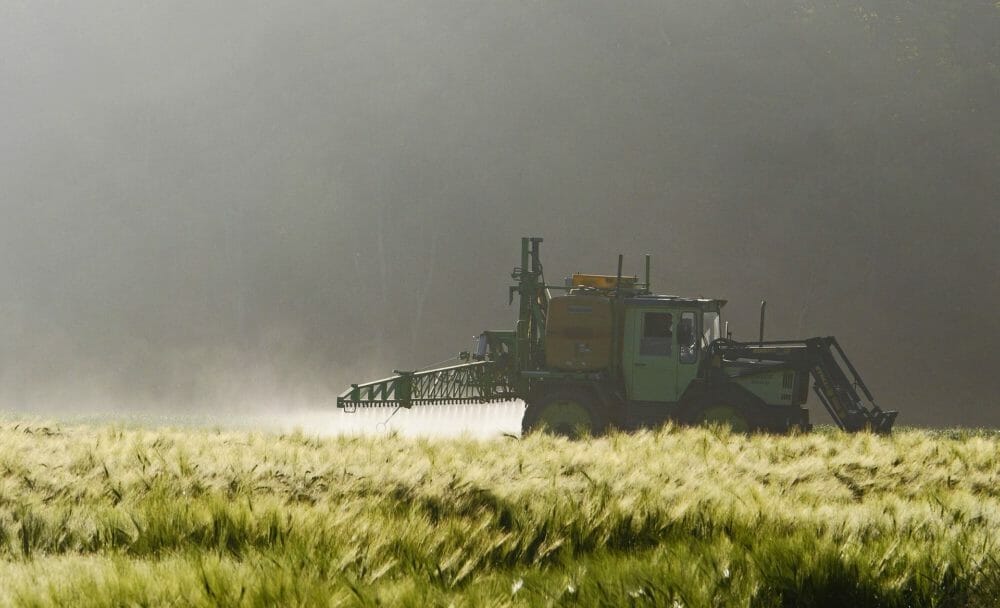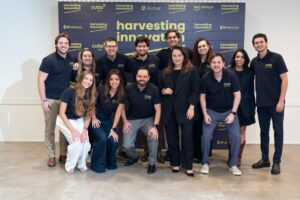Canadian cleantech fund ArcTern has contributed to a $3.5 million increase in the Series B round of funding for Canadian agtech startup Terramera. Terramera is a crop protection products manufacturer that aims to reduce chemical use in agriculture by 80%. This is ArcTern’s fourth investment from its $200 million Fund II but appears to be its first in agtech beyond a bet on ethanol production.
The company’s Series B now stands at $48.5 million and will go towards advancing Actigate, Terramera’s proprietary delivery mechanism for biological and “natural” crop input products. Non-synthetic crop inputs have struggled with efficacy over the years making organic crop yields lower than those grown with synthetic, chemical products. Terramera says Actigate can increase the efficacy of the active ingredients in products such as bio-pesticides by up to 10 times, to make them more viable options compared to industrial fertilizers.
“Terramera has the technology platform and expertise to transform commercial agriculture in systematic ways,” said Tom Rand, managing partner of ArcTern in a statement. “Their strategy to scale their technology to have the greatest impact will lead to healthier plants and soil, which will drive improved farm productivity, and the potential to sequester carbon in well-managed soils. That’s really exciting, and why we invested.”
New investor Ospraie Ag Science and returning investor S2G Ventures led the oversubscribed round.
“We’re happy to welcome ArcTern to the Terramera investor family as they have a mission and vision that closely aligns with our own long-term view of solving some of the world’s most pressing problems through improved agriculture practices,” said Karn Manhas, Terramera Founder and CEO in a statement sent to AFN. “Agriculture is ground zero for climate action. I believe we are eating our planet to death, but we have the potential to eat our planet back to life.”
Read more about Terramera and how its flagship product Actigate works in our original article announcing the Series B close last year here.





